Jordanian monarch warns of 'new intifada’ amid Israel's intensified crimes against Palestinians
Jordanian King Abdullah II says his country, which serves as the custodian of the al-Aqsa Mosque compound – Islam’s third holiest site, is prepared for conflict if its “red lines” over the sacred site in the Old City of al-Quds are crossed.
He also expressed concern that a third Palestinian intifada, or uprising, might break out amid rising Israeli brutality in the occupied territories.
“We have to be concerned about a next intifada,” the Jordanian monarch said in an interview with CNN television news network that was broadcast on Wednesday.
“If that happens, that's a complete breakdown of law and order and one that neither the Israelis nor Palestinians will benefit from,” he pointed out.
His remarks came as Benjamin Netanyahu is set to be sworn in as Israeli prime minister, marking a personal return to power for the man who is already the Tel Aviv regime’s longest-serving premier, and the arrival of a new far-right cabinet that has sparked fears among Palestinians as well as left-wing Israelis.
The 73-year-old Netanyahu, who was prime minister between 1996 and 1999, and then between 2009 and 2021, addressed a session of the Israeli parliament, or Knesset, on Thursday, before a vote of confidence in the new administration is held.
Read more:
Under a 2013 agreement signed between Jordan and the Palestinian Authority, King Abdullah II is the custodian of the Muslim and Christian holy sites in al-Quds.
The Royal Hashemite Court pays the salaries of workers at the Muslim holy places.
“If people want to get into a conflict with us, we are quite prepared,” the Jordanian leader said when asked if he felt the incoming Israeli cabinet threatened the status quo in al-Quds and the Hashemite custodianship.
“We have set red lines and if people want to push those red lines then we will deal with that,” he noted.
Read more:
Intifada refers to uprisings against the Israeli regime, the first which took place between 1987 and 1993, where more than 1,300 Palestinians were killed.
The second intifada took place between 2000 and 2005, where Israel killed at least 4,973 Palestinians. This was also the time when the whole world watched the cold-blooded killing of 12-year-old Palestinian Muhammad al-Durrah by the apartheid regime.
The Jordanian king warned about the region's ability to keep a lid on any third outbreak.
“That's a tinderbox that if it flashes, it's something that I don't think we’ll be able to walk away from in the near future,” he said.
Abdullah also pointed to an outpouring of support for Palestine among citizens of the Arab world during the FIFA World Cup in Qatar, as evidence that a resolution to the decades-long Israeli-Palestinian conflict was the only way for the Israeli regime to integrate fully into the region.
Read more:
“Integration of Israel into the region is not going to happen unless there is a future for the Palestinians,” he said.
“If we (country leaders) can't solve this problem, the street is naturally going to be sympathetic to the Palestinian cause,” the Jordanian king said.
Israeli occupation forces and settlers have been escalating their attacks against Palestinian civilians in the West Bank and other occupied areas, in an attempt to forcibly expel Palestinians from their lands and make way for expanding illegal Israeli settlements.
Since the start of 2022, Israeli troops have killed more than 220 Palestinians, including more than 50 children, in the occupied West Bank and East al-Quds as well as in the besieged Gaza Strip.
According to the United Nations, the number of Palestinians killed by Israel in the occupied West Bank this year is the highest it has been in 16 years.
Bahraini police assaults crowds mourning loss of Ayatollah Khamenei
Iran posed no imminent threat to US: Pentagon tells Congress
Iran will hold no negotiations with US: Larijani
Despite Leader's martyrdom, Islamic Republic firmly in control and punishing the enemy
At least 31 killed in Israeli aggression on southern Lebanon after Hezbollah strikes
Iran writes to UN, warns about dire consequences for perpetrators following Leader's martyrdom
Hezbollah strikes occupied Haifa in retaliation for Leader's assassination
Ansarullah mourns Leader's martyrdom as 'great loss' caused by 'most wretched terrorists'


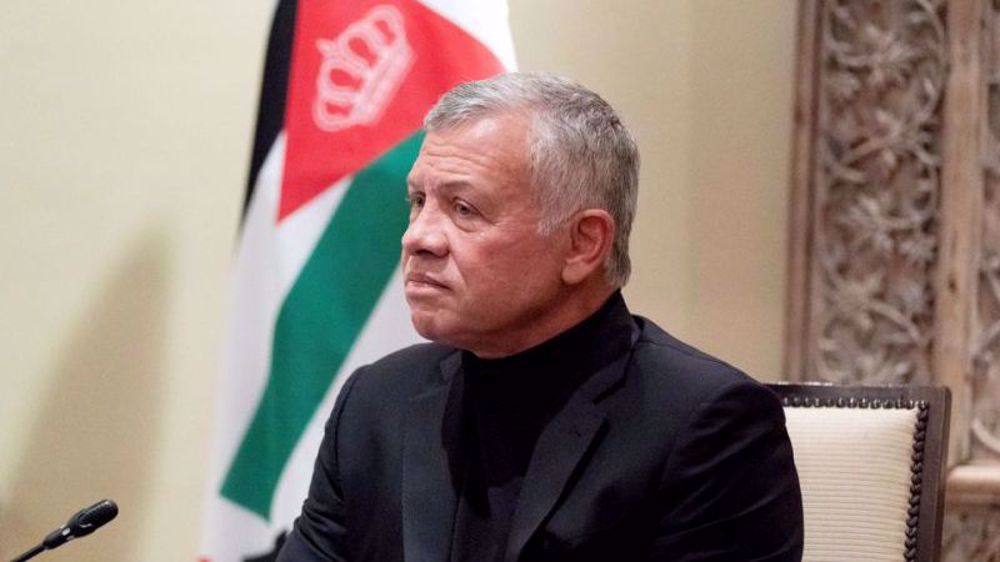
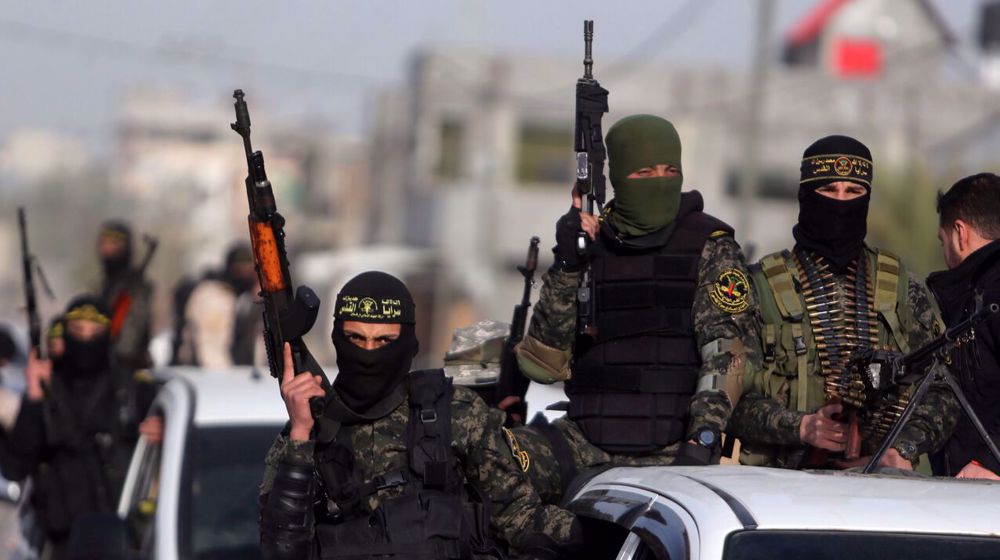
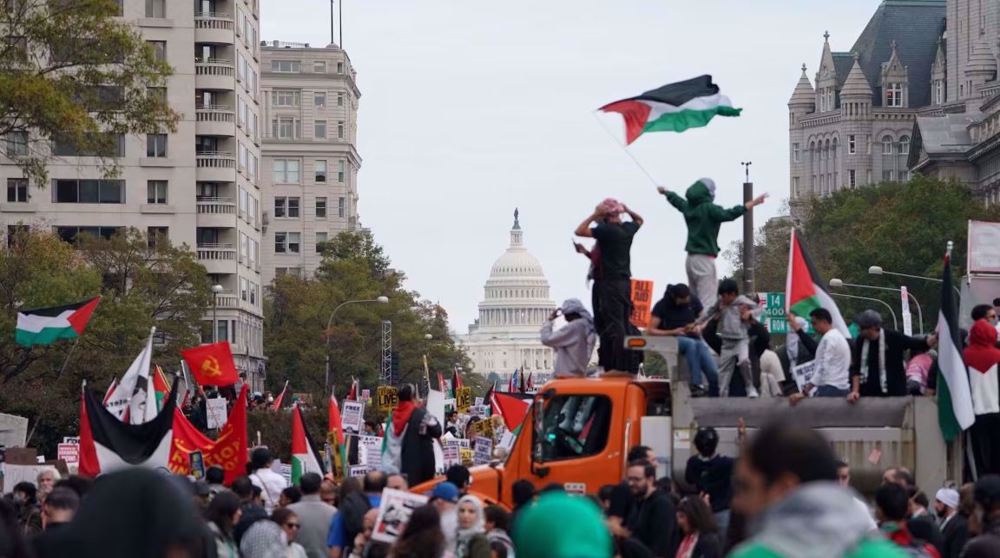
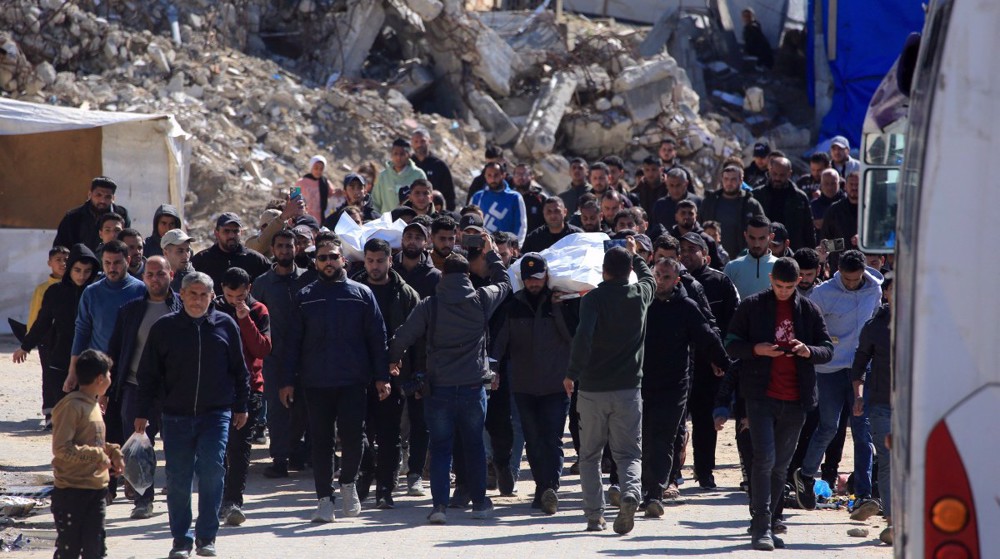



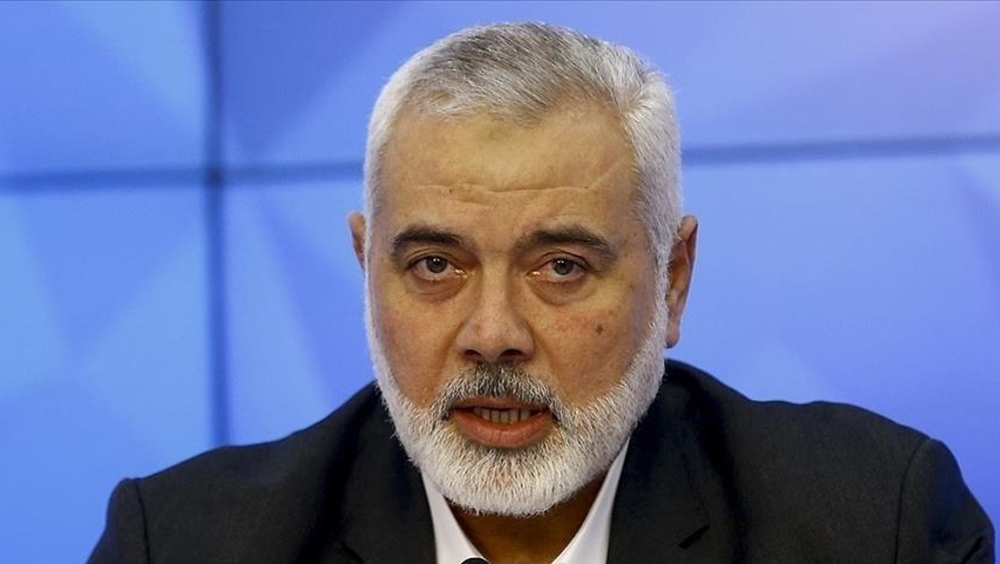
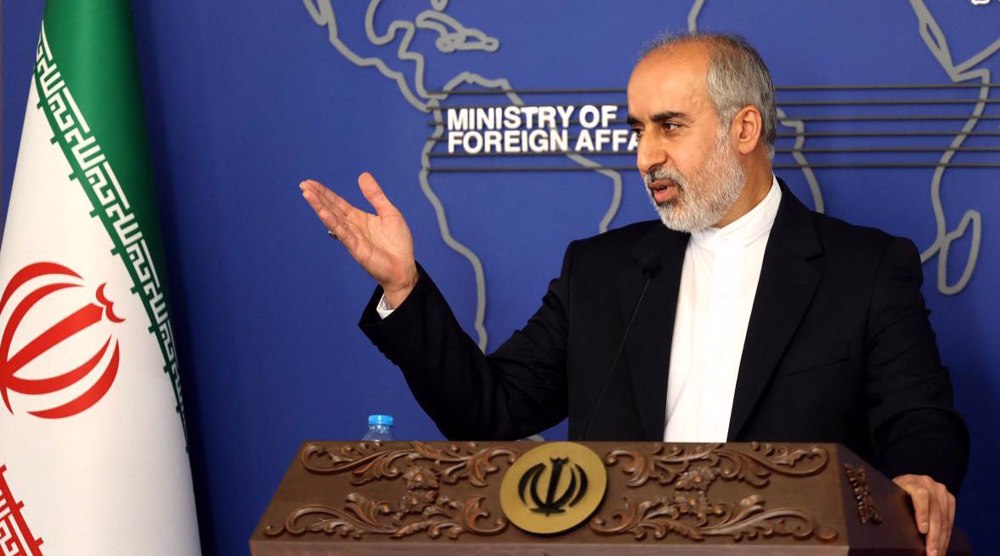

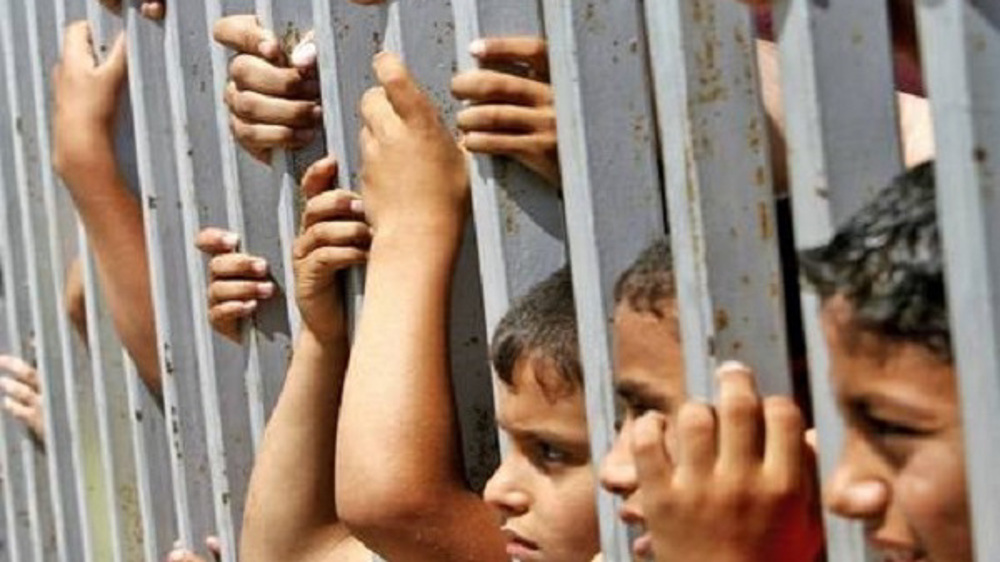
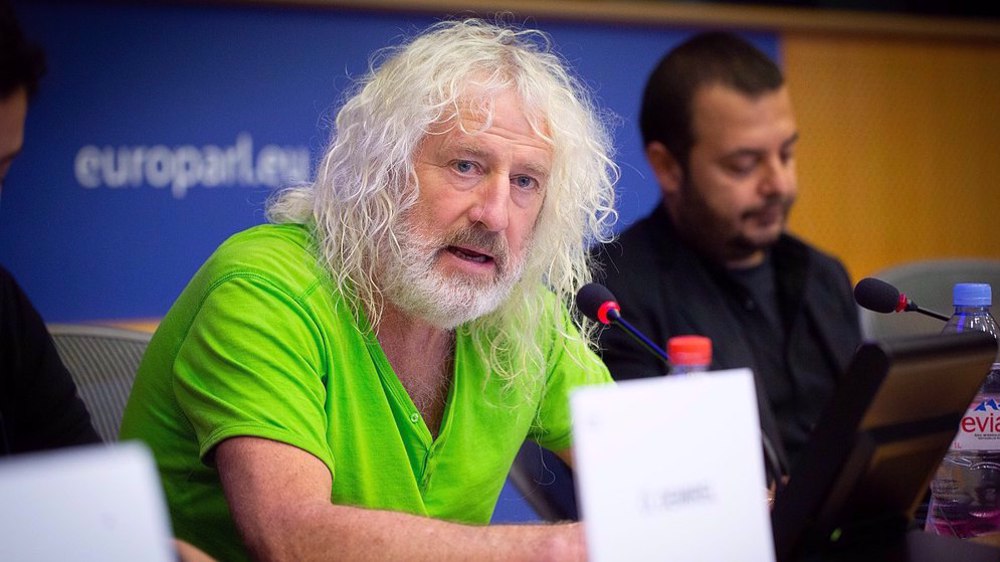
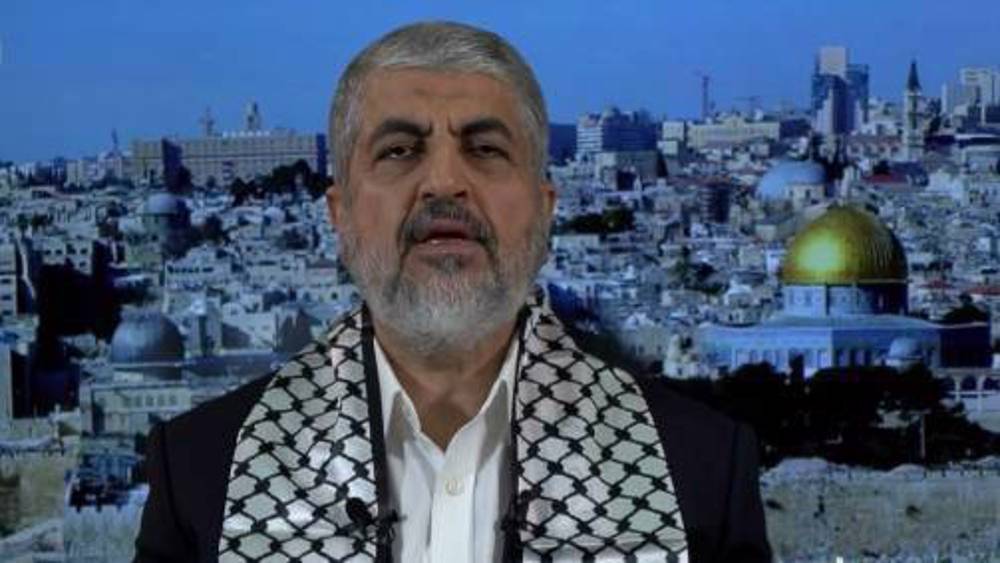
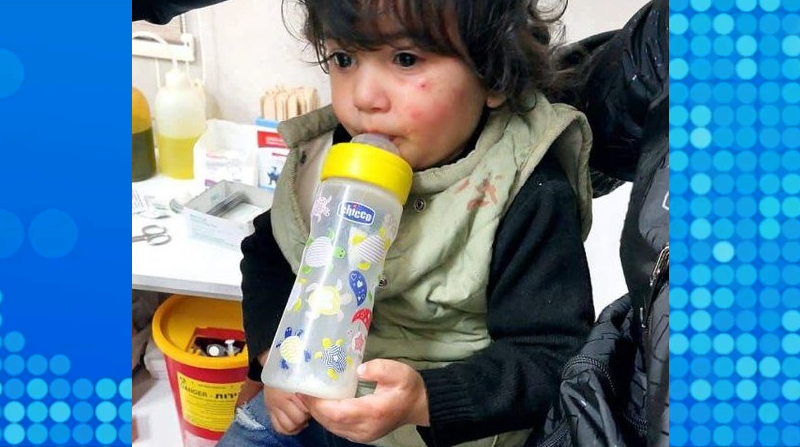
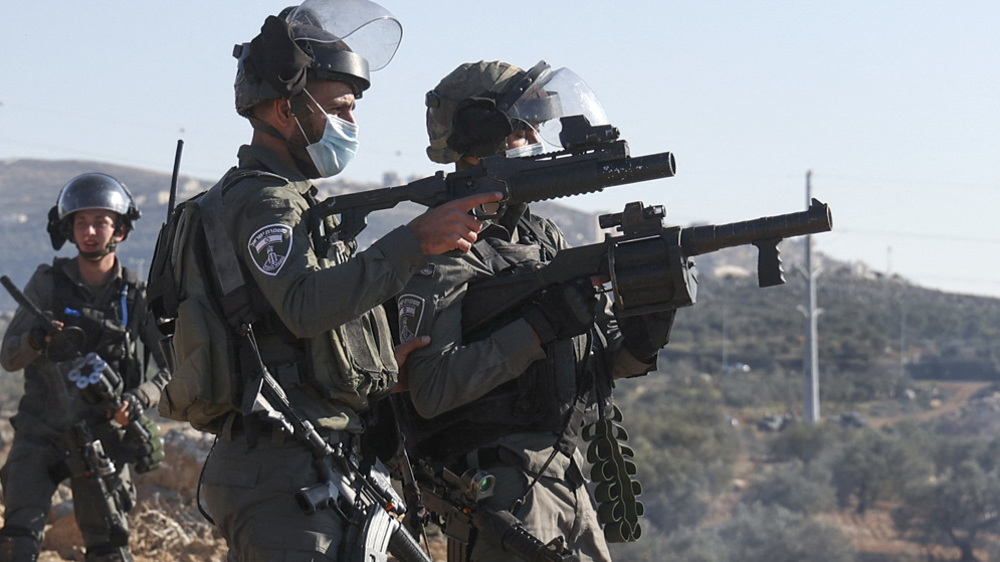
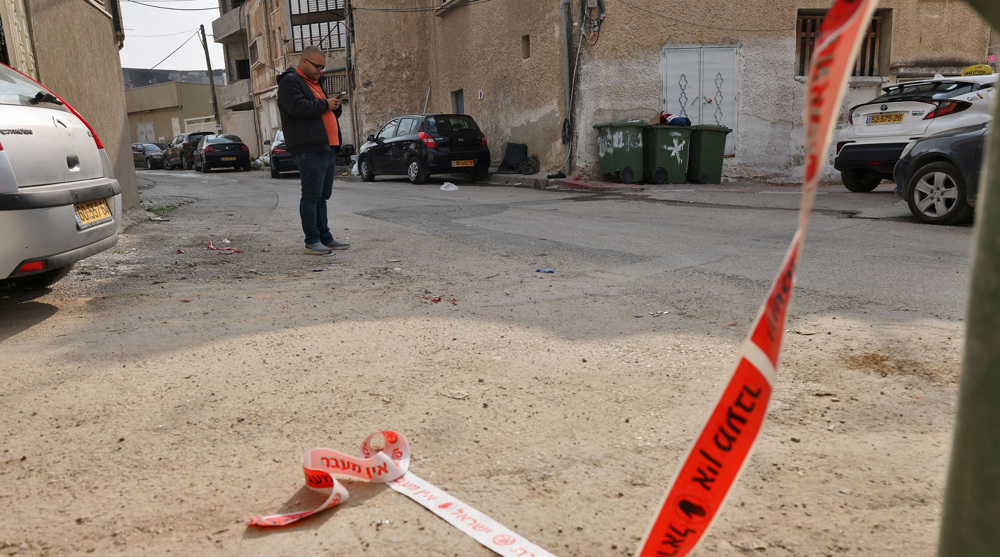

 This makes it easy to access the Press TV website
This makes it easy to access the Press TV website